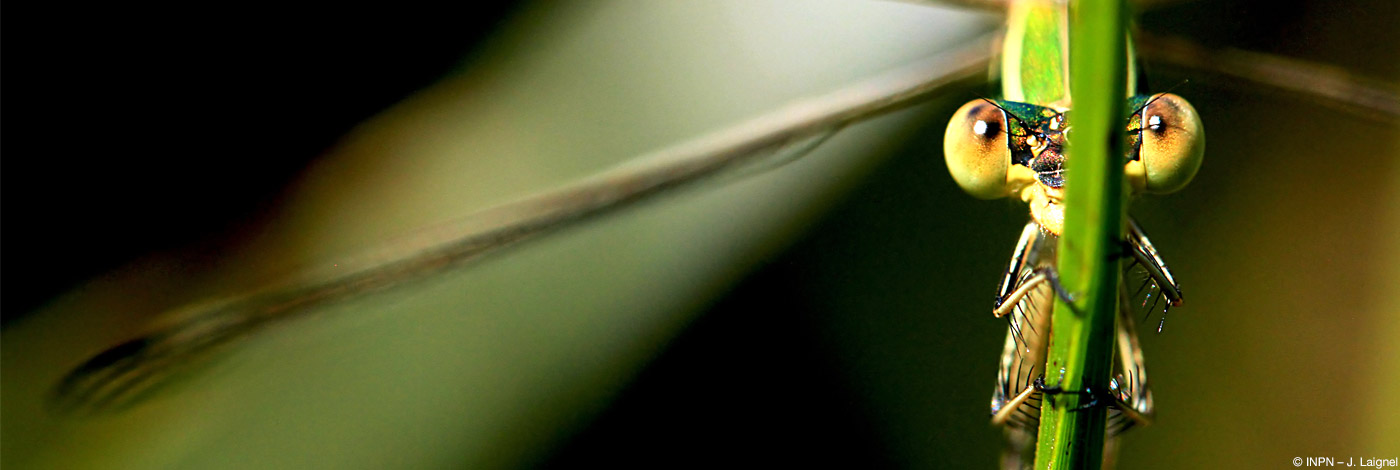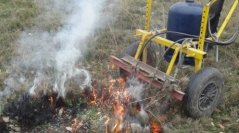

 Naturae
2021 (24) - Pages 333-343
Naturae
2021 (24) - Pages 333-343Ramose false brome, Brachypodium retusum (Pers.) P. Beauv., is a perennial herbaceous species that dominates French dry Mediterranean grasslands. In the Crau plain (South-East of France), its spontaneous re-establishment is very low after human interventions involving soil disturbance contrary to studies from other regions. The major objective of this PhD thesis was to test different hypothesis potentially explaining the different colonisation patterns for improving the re-establishment of this species in future ecological restoration projects. We tested whether these different colonisation patterns are the result of genetic differentiation among populations. We further studied the adaptive differentiation of phenotypic traits to several environmental factors. The second part of the study analysed the environmental factors that limit in situ re-establishment. We tested the effect of grazing and fire on vegetative cover as well as on sexual reproduction of established B. retusum. Finally, we measured the effect of initial watering and grazing on seedling establishment. Our results showed that populations of B. retusum are genetically differentiated in neutral markers but also in phenotypic traits. This differentiation is superior to drift alone and suggests adaptation to environmental conditions. In situ experiments showed that fire has a positive effect on B. retusum reproduction in adult populations and on the associated plant community. During the second season, the positive effect of watering on seedling survival was significant only in the grazed plots. Grazing in early life cycle stages had a negative effect on seedling recruitment and growth.
Local adaptation, plant origin, prescribed burning, seedling recruitment, Thero-Brachypodietea.